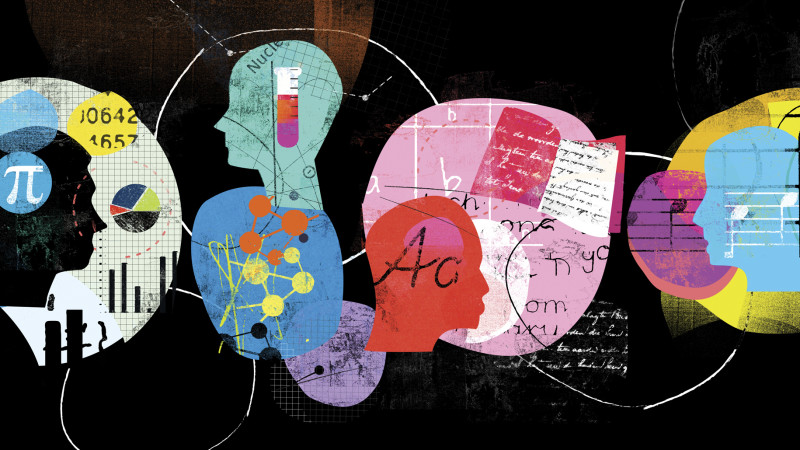Using the Internet is an easy way to feel omniscient. Enter a search term and the answers appear before your eyes.
But at any moment you're also just a few taps away from becoming an insufferable know-it-all. Searching for answers online gives people an inflated sense of their own knowledge, according to a study. It makes people think they know more than they actually do.
"We think the information is leaking into our head, but really the information is stored somewhere else entirely," Matthew Fisher, a doctoral student in cognitive psychology at Yale University, tells Shots. Fisher surveyed hundreds of people to get a sense of how searching the Internet affected how they rate their knowledge. His study was published Tuesday in the Journal of Experimental Psychology: General.
Fisher began with a simple survey: he asked questions such as "How does a zipper work?" or "Why are there leap years?" He allowed just half of his subjects to use the Internet to answer the questions.
Then he asked the subjects to rate how well they thought they could answer a question unrelated to the first question, such as "Why does Swiss cheese have holes?" or "How do tornadoes form?" People who had been allowed to search online tended to rate their knowledge higher than people who answered without any outside sources.



9(MDAxOTAwOTE4MDEyMTkxMDAzNjczZDljZA004))